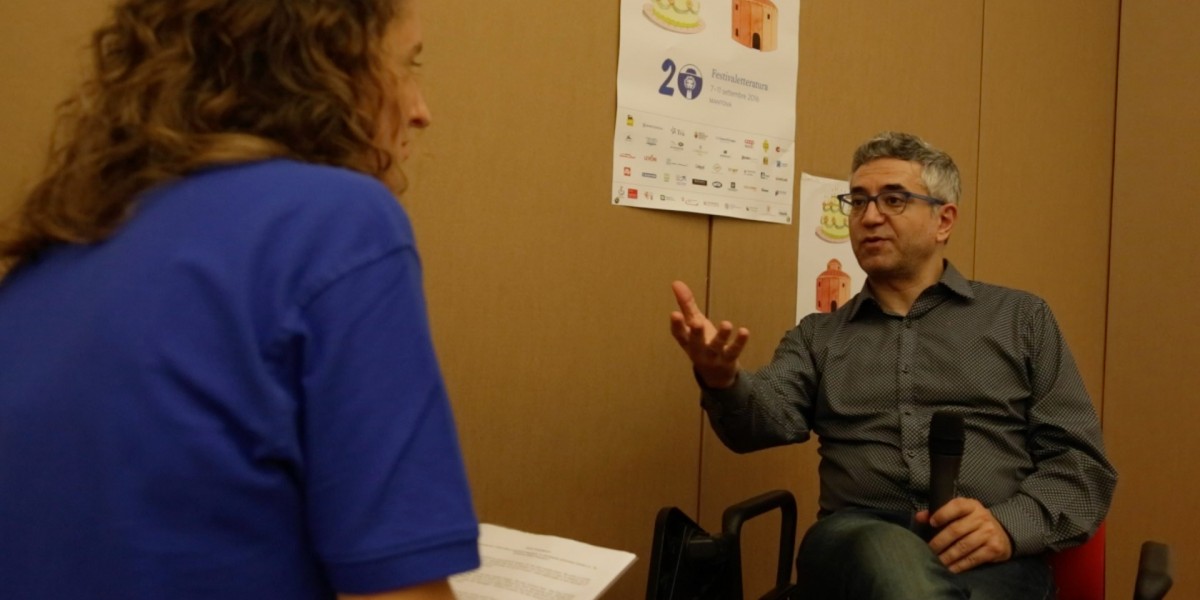
Totalitarianism and communism as told by Gazmend Kapllani
"A big country (take Russia, for example), isolated from the rest of the world with tightly controlled borders, seems like a huge prison. Whereas a small country like Albania with tightly controlled borders seems like a straightjacket."
In 1991, the end of Communist rule in Albania brought the first images of immigrants arriving by sea into modern Western imagination. At the same time, however, the country was facing another mass exodus: those trying to leave the country on foot, trying to cross the border into Greece. Gazmend Kapllani was among them and, with his first release, A Short Border Handbook, which was written between 2004 and 2005 and released in Italy 2015, he tried to make sense of the absurdity that he experienced under communism and the clash between two completely different experiences.
Albania under Enver Hoxha, and later Ramiz Alia, was a totalitarian state where nobody left: the regime controlled borders, people, actions and all it took was the slightest suspicion or a report from a neighbour to be sent into exile in isolated towns, or even disappear completely. In this context, the west was a mirage that took shape in the form of distant lights and Coca Cola cans or detergent containers that washed up on the coasts, and were collected and stored as precious heirlooms. Foreign languages became cell windows, the only way through which you could see the world, to read contraband books or pick up foreign radio stations.
As soon as it became possible to cross borders, many people didn't need to think twice about their decision. They were attracted by the idea of the west that they had conjured up, but more than anything else, they were motivated by the desire to be free, to obtain everything that we take for granted, without anyone trying to tell us who to be and what to think.
Greece, however, just like many other western countries now and back then, was not ready to welcome them. Mistrust or open hostility, repatriations, media who painted migrants in harshly negative tones: it seems like almost nothing has changed over the course of 25 years. Although the twentieth century was, more than any other, the century of migration and although we live in a world that is in continuous movement, Europe doesn't seem to have learnt from its past. It is as if migrants are not people, but rather numbers, or when it suits, third rate citizens. Yet, as Kapllani recalls, "the societies that have historically been able to open themselves up to immigration are some of the strongest, most inclusive, progressive and creative societies in existence.”



